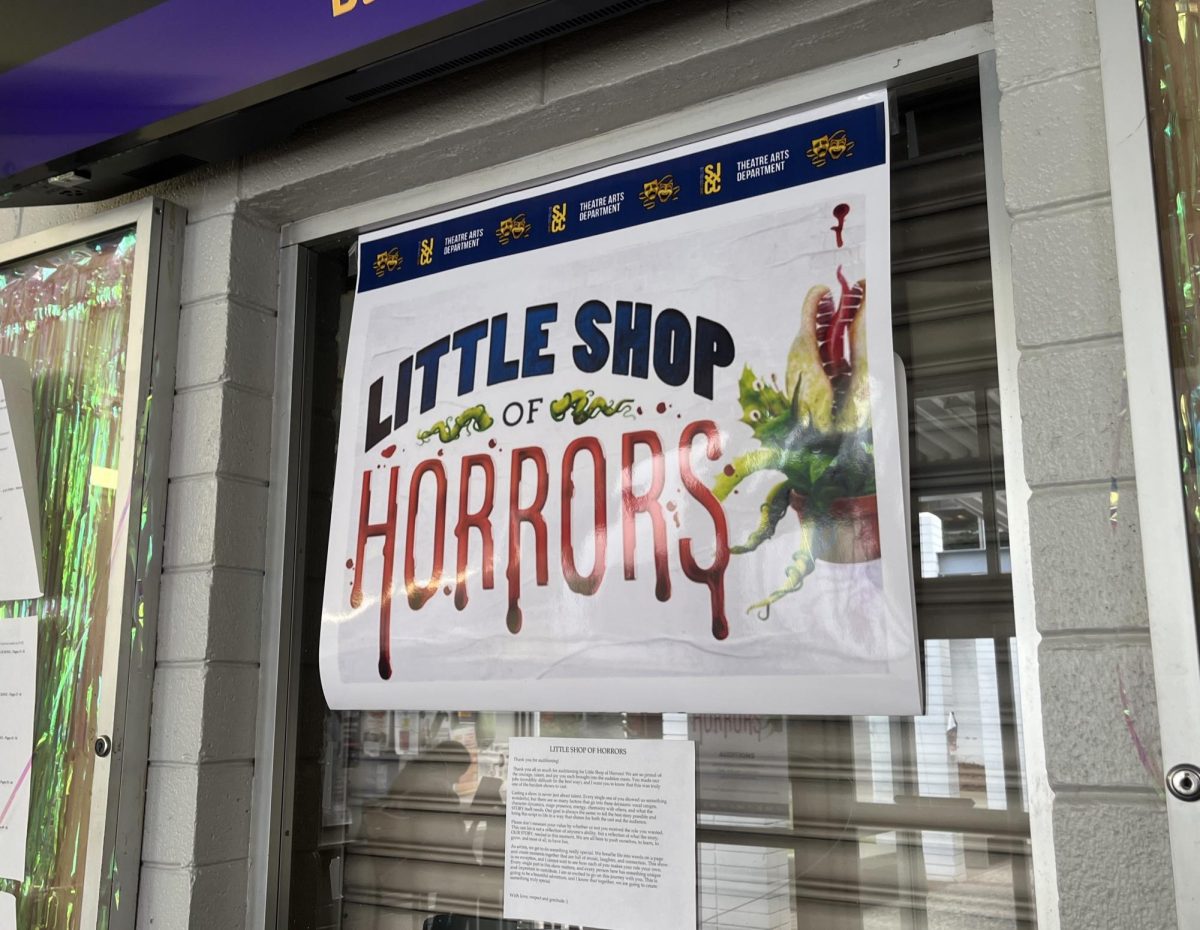Memoir of the Blank Generation
Before tattoos, piercings and spiky hair became fixtures in popular culture, before the Ramones and the Sex Pistols helped define punk, there was Lou Reed.
“Rock ‘n’ roll is so great,” Reed said, “people should start dying for it. You don’t understand. The music gave you back your beat so you could dream. A whole generation running with a Fender bass…”
The recently deceased lead singer and founder of the Velvet Underground set the precedent for musical, social and personal revolutions centered around rock ‘n’ roll for the last 50 years, a legacy chronicled in Legs McNeil and Gillian McCain’s “Please Kill Me.”
“We all knew something revolutionary was happening,” Andy Warhol said. “We just felt it. Things couldn’t look this strange and new without some barrier being broken.”
The book is a topsy turvy trip as you follow Reed and Warhol into the basement of Max’s for some sadomasochism before shooting up heroin with Iggy Pop and David Bowie in London. Just as you manage to get away from the broken-glass-bottle-wielding Connie Ramone in front of CBGB’s, you find yourself on Rikers Island with Sid Vicious, accused of murdering your girlfriend Nancy Spungen.
“Please Kill Me” comes as close to capturing the spirit of punk as the written word is bound to get. More a compilation of quotes than a written history, McNeil and McCain use the voices of the people who shaped the scene to recreate a world where political correctness was considered tyranny and individualism was everything.
“Punk was like, this is new, this is now, the apotheosis, powerful,” McNeil said. “It was about real freedom, personal freedom. It was also about doing anything that’s gonna offend a grown-up.”
“Please Kill Me” begins with the New York of Warhol and the Velvets in the 60s, and ends with the demise of prominent punk figures, such as former New York Dolls Johnny Thunders and Jerry Nolan, in the early 90s.
McNeil and McCain included several pictures from the punk heyday in the center of the book and a handy “Cast of Characters” section in the back with helpful information about what made each contributor unique.
Thanks to the Internet, it is easy to listen to all of the bands in this book and hear the progression of their musical styles while you read about their personal demises and rebirths and demises.
At times, the book can be very dark. Beside the drug addiction, violent clashes and filth, the miserable spiral downward of several punks is enough to leave a sour taste in the reader’s mouth.
This is definitely not a book about average, everyday experiences. It unveils the world of those who, as Ed Sanders of the Fugs put it, saw the failure of the anticipated revolution of the 60s and embraced the ideas of nihilism and the apocalypse in the face of increasing corporatism.
“There developed another kind of lumpen hippie, who really came from an abused childhood — from parents that hated them, from parents that threw them out,” Sanders said. “And those kids fermented into a kind of hostile street person. Punk types.”
Rating: 5 out of 5






